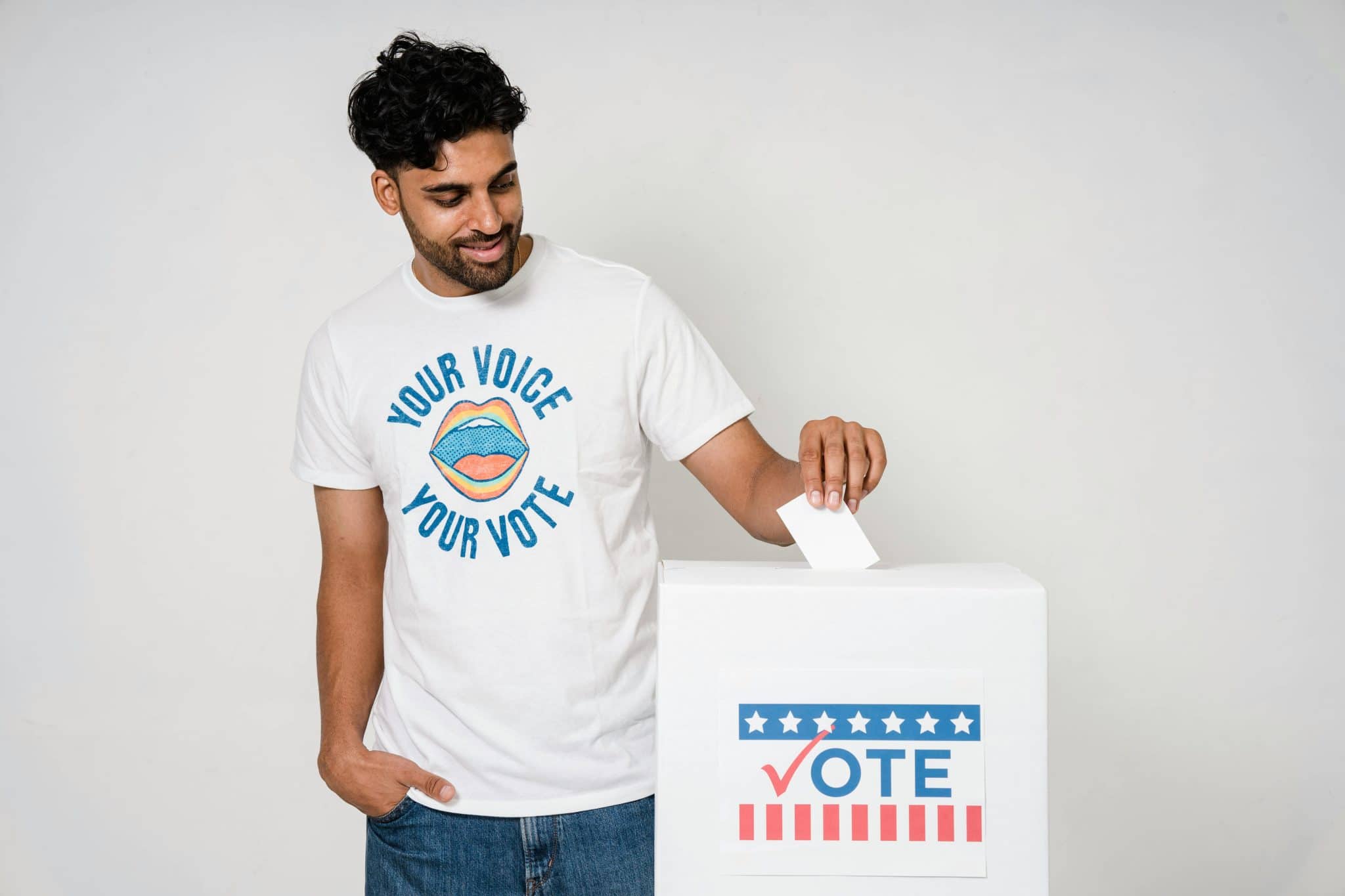Voting Rights Battles in Contemporary Democracies
Voting is a fundamental right in any democracy, allowing citizens to have a say in the decisions that affect their lives. However, even in contemporary democracies, there are ongoing battles for voting rights, highlighting the constant struggle for equal and fair representation. From restrictive voter identification laws to partisan gerrymandering, these battles have significant implications for the health of democracy. In this article, we will delve into the various voting rights battles currently taking place in contemporary democracies, and the impact they have on the political landscape.
The History of Voting Rights
Before we dive into the current battles, it is essential to understand the history of voting rights. The concept of voting rights can trace back to ancient civilizations, where only the wealthy and elite had a say in decision-making. As democracy evolved, the right to vote was expanded to more significant portions of the population, such as white men and eventually women and people of color. However, this expansion has not come without its challenges.
The Current State of Voting Rights
Voter ID Laws
One of the most significant battles for voting rights in contemporary democracies is the implementation of voter identification (ID) laws. These laws require voters to present specific forms of identification before being allowed to cast their ballots. While the justification for these laws is to prevent voter fraud, opponents argue that these laws disproportionately affect marginalized communities, such as low-income individuals, minorities, and the elderly.
Many argue that these laws are a form of voter suppression, intentionally designed to make it difficult for certain groups to vote. For example, obtaining a government-issued ID can be a challenging process for low-income individuals who may not have the time or resources to obtain one. Additionally, some of these laws only accept specific forms of identification, further limiting the ability of certain groups to vote.
Partisan Gerrymandering
Gerrymandering refers to the practice of drawing legislative district lines to benefit a particular political party. This manipulation of district maps can result in unfair representation and give an advantage to one party over another. In some cases, this can lead to one party having more power in the government, even though they received fewer votes.
The battle against partisan gerrymandering has intensified in recent years, with many arguing that it undermines the democratic principle of fair representation. In response, some states have implemented independent redistricting commissions to redraw legislative district maps, aiming to reduce partisan influence.
Voting Rights for Ex-Felons
In the United States, felons who have served their time and finished their sentences are still denied the right to vote in many states. Currently, only two states, Maine and Vermont, allow felons to vote while incarcerated. The remaining states have varying laws, with some permanently disenfranchising felons, while others restore voting rights after completion of the sentence.
This issue has sparked a heated debate, with opponents arguing that denying ex-felons the right to vote is a form of disenfranchisement and goes against the principles of democracy. Supporters argue that felons should not be allowed to participate in the electoral process due to their criminal history. However, many believe that restoring voting rights can aid in their reintegration into society and promote civic engagement.
The Impact of Voting Rights Battles on Democracy
The battles for voting rights have significant implications for the health of democracy. When certain groups are disenfranchised, it distorts the principle of equal representation and can lead to a skewed balance of power. Additionally, these battles further polarize the political landscape, with each side fighting for an advantage instead of focusing on the issues that affect the citizens.
Furthermore, these battles undermine the public’s trust in the democratic process. When certain groups are continuously struggling to exercise their right to vote, it sends a message that their voices and opinions do not matter. This can result in voter apathy and a lack of confidence in the government, ultimately weakening the democratic system.
The Fight for Fair and Equal Representation Continues
The battles for voting rights in contemporary democracies are ongoing, and the fight for fair and equal representation continues. While progress has been made over the years, there is still much work to be done. It is vital for policymakers to consider the impact these battles have on democracy and work towards creating a more accessible and fair electoral process for all citizens.
In conclusion, the battles for voting rights in contemporary democracies have significant implications for the health of democracy. From voter ID laws to partisan gerrymandering, these battles highlight the constant struggle for equal and fair representation. As citizens, it is crucial to stay informed about these issues and use our voices to push for a more inclusive and transparent electoral process. Only then can we ensure that every citizen’s right to vote is protected and valued.










